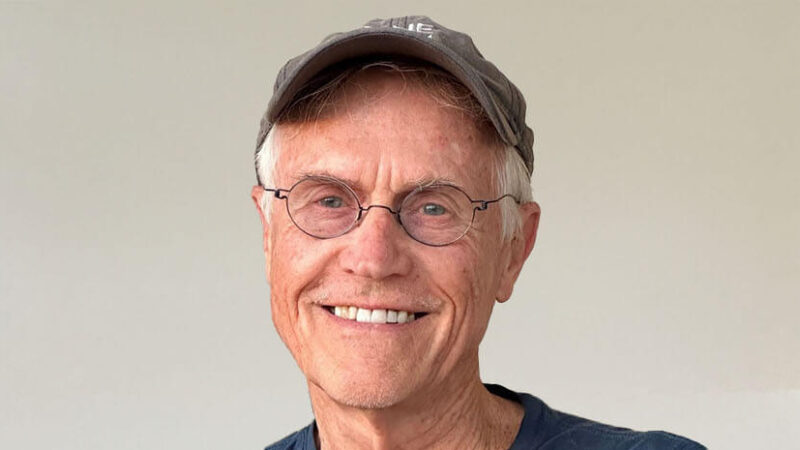Amy Kurtz is a health coach and Pilates instructor whose painful, multi-decade struggle with chronic illness made her decide to stand up and take better charge of her life. Now much healthier and happier, Amy describes her nightmarish journey through modern medicine—and how you too can take the reins of your health issues—in the new Sounds True book Kicking Sick: Your Go-To Guide for Thriving with Chronic Health Conditions. In this episode of Insights at the Edge, Tami Simon and Amy discuss her approach to whole health. They talk about the need for an “A-Team” of expert support during the healing process and how only you can intuitively know what your body needs. Finally, Amy describes becoming what she calls a “glow warrior” and what it takes to truly stand tall in the face of chronic illness. (59 minutes)












